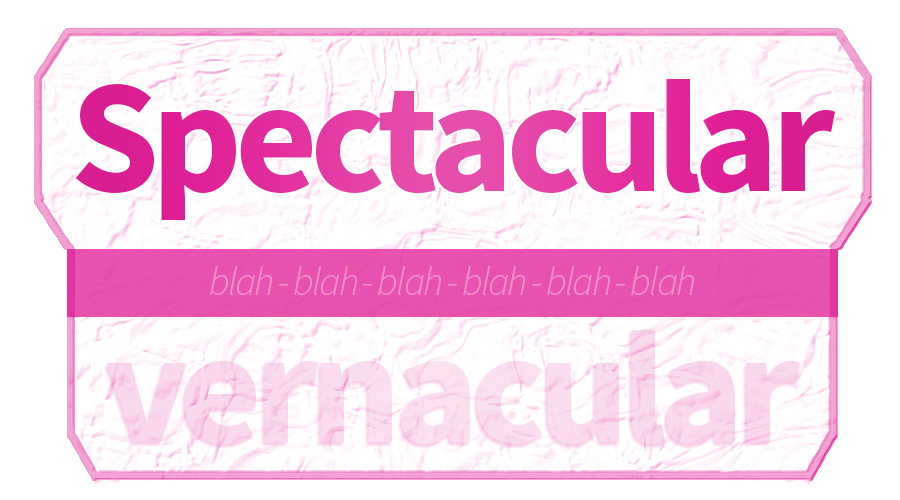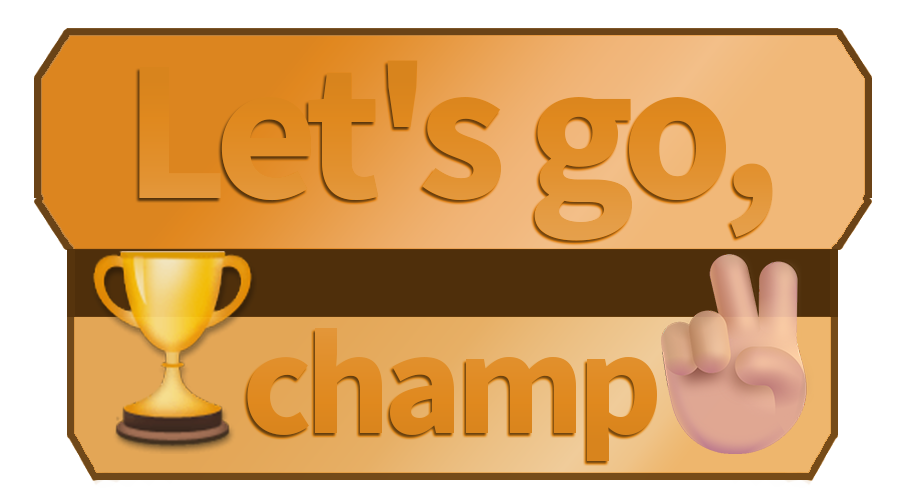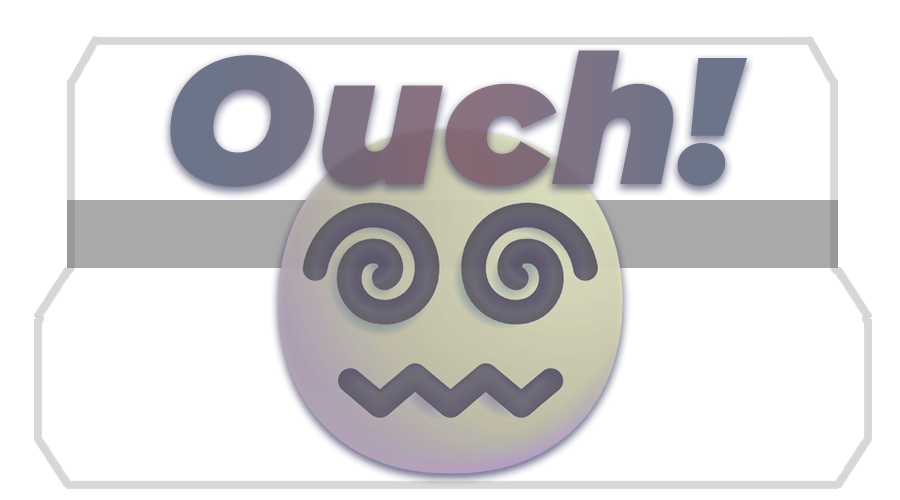AILAGAO 062 Make / Let someone do something; Get someone to do something; Have / Get something done
No inglês, usamos alguns verbos seguidos de forma base ou infinitivo para expressar diferentes relações entre o sujeito e a ação. O significado dessas combinações de verbos muda dependendo do contexto. Por exemplo, verbos como make, let e get podem expressar permissão, obrigação ou até influência sobre as ações de outra pessoa. Essa combinação permite uma gama de significados mais refinados, dependendo do verbo usado e da estrutura da frase.
Comparando com o português, o uso dessas construções verbais pode ser semelhante em alguns casos. Por exemplo, o verbo make muitas vezes traduz a ideia de obrigação, que seria equivalente a “fazer alguém fazer algo” em português. Já let e allow têm um sentido de permissão, algo como “deixar” ou “permitir“. Porém, a estrutura e flexibilidade do uso de formas base e infinitivas em inglês podem ser mais variadas do que em português, especialmente com verbos modais como get ou force.
Essas combinações de verbos são usadas em diversas situações do dia a dia, tanto informais quanto formais. Você pode encontrá-las ao falar sobre obrigações, permissões ou pedidos. Por exemplo, ao discutir regras no trabalho ou com a família, você pode usar make someone do something para expressar uma obrigação. Da mesma forma, pode usar let someone do something quando pedir ou dar permissão. Entender quando e como usar essas formas é importante para se expressar de forma clara em conversas informais e situações mais formais.
Look at the following expressions, which are similar to each other but vary in meaning:
- the verb make + base form: make someone do something, which has quite a ‘neutral’ meaning or is used with the idea of obligation.
Don’t make me laugh!
The boss made me stay in the office till seven last night. (the passive structure is also possible: I was made to stay in the office…)
My parents made me attend this course, but I didn’t really want to. (also possible: I was made to attend…)
- the verb let + base form: let someone do something or with the verb allow + infinitive: allow someone to do something, which are both used with a sense of permission.
My dad let me use his computer yesterday.
They let her go on holiday on her own.
They allowed us to park our car in the staff car park. (also: We were allowed to park…)
- the verb get + infinitive: get someone to do something, used in the sense of convincing someone to do something.
I’ll get her to talk to him.
We got him to sing a song at the party.
- the verbs oblige or force + infinitive: oblige / force someone to do something (stronger sense of obligation than ‘make someone to something’).
The police obliged / forced him to surrender. (also: He was obliged / forced to surrender.)
- the verb cause + infinitive: cause something to happen, usually with negative effects.
The frost caused the plants to die.
Exemplos de Uso
Exemplo Curto (menos de 20 palavras)
- My parents made me attend this course, but I didn’t really want to.
- They let her go on holiday on her own.
Exemplo Médio (menos de 40 palavras)
- The teacher made me do extra homework last night, and I didn’t like it at all.
- My brother let me borrow his car for the weekend, which was very kind of him.
Exemplo Longo (menos de 70 palavras)
- She made him clean the house after school, even though he had a lot of homework to finish.
- My parents let me choose my own classes this semester, which made me very excited for the new term.
- I was made to stay late at work to finish a project, but I understood it was important.
Exemplo Estendido (menos de 100 palavras)
- He got me to help him fix the car because he couldn’t do it on his own. I wasn’t thrilled about it, but I agreed because I wanted to support him.
- They made me go to a concert I didn’t enjoy. I felt obligated because it was a gift for a friend. Eventually, I ended up having fun, even though I wasn’t initially interested.
- She let me stay at her place while I was in town for business, which was incredibly generous of her.
No inglês, usamos a construção passiva get / have something done quando nos referimos a tarefas ou ações feitas por outras pessoas, geralmente para nós, ou quando queremos expressar que algo foi feito por alguém. Essa construção é muito usada quando o sujeito da frase não é quem executa a ação, mas quem recebe o resultado da ação. Também é útil quando o executor da ação é óbvio ou irrelevante para o contexto.
Em português, existem estruturas semelhantes, como fazer algo por alguém ou deixar alguém fazer algo (mais comumente usadas em linguagem cotidiana). Porém, os falantes de inglês tendem a usar a estrutura passiva para descrever situações em que alguém está recebendo ajuda ou fazendo algo por outra pessoa. A flexibilidade dessa forma passiva é maior, sendo usada para focar tanto na ação quanto na pessoa que a recebe.
Você pode encontrar a construção get / have something done em situações do cotidiano, como consertar um carro, cortar o cabelo ou contratar um serviço. É comumente usada quando você precisa que algo seja feito, especialmente quando terceiriza a tarefa para outra pessoa. Também pode ser usada para descrever coisas que acontecem contra a sua vontade ou sem o seu controle.
Exemplo Curto (menos de 20 palavras)
- Sandra got her hair cut very short.
- Peter had his arm tattooed with a big dragon.
Exemplo Médio (menos de 40 palavras)
- They got their car repaired after the accident.
- She had her house painted by a professional crew last week.
Exemplo Longo (menos de 70 palavras)
- I need to get my phone fixed, so I’ll take it to the repair shop tomorrow.
- They had their fence repaired after the storm caused a lot of damage.
- My parents got the house cleaned before the big party, and everything looked perfect.
Exemplo Estendido (menos de 100 palavras)
- They had the windows cleaned by a team of professionals before they sold their house. The job took a few hours, but they were very pleased with the results.
- He needs to get his documents printed for work. He can’t do it himself, so he’ll ask a friend to help.
- After the wedding, they got the photos developed and framed. It was a lot of work, but it was worth it to have those memories displayed beautifully.
Look at the following passive construction: get / have something done (by someone). In this case, it’s always someone else who does something for us, usually a type of service. The person isn’t expressed when it’s obvious who it is doing it.
Sandra got / had her hair cut very short (by the hairdresser).
Peter got his arm tattooed with a big dragon.
Note the difference between:
They’re going to have the kitchen painted yellow. (by a painter)
They’re going to paint the kitchen yellow. (They’re are going to do it themselves)
What is done to us can also be against our will or not depend on us. Compare for example:
I got my car fixed after the accident. (It’s me who decided)
I had my bag stolen. (I certainly didn’t want this to happen!)
The following constructions are also common: I need to / I want to / I must have something done.
I need to get these photos printed.
I want to have some trees planted in my garden.
I must get this jumper dry-cleaned.
Letras de Música Pop
- Música: Let It Be
Álbum: Let It Be
Artista: The Beatles (1970)
“When I find myself in times of trouble,
Mother Mary comes to me,
Speaking words of wisdom, let it be.” - Música: Happy
Álbum: G I R L
Artista: Pharrell Williams (2013)
“Because I’m happy,
Clap along if you feel like a room without a roof,
Because I’m happy.” - Música: Someone Like You
Álbum: 21
Artista: Adele (2011)
“Never mind, I’ll find someone like you,
I wish nothing but the best for you, too,
Don’t forget me, I beg, I remember you said.” - Música: Shape of You
Álbum: ÷
Artista: Ed Sheeran (2017)
“The club isn’t the best place to find a lover,
So the bar is where I go,
Me and my friends at the table doing shots, drinking fast, and then we talk slow.”


















